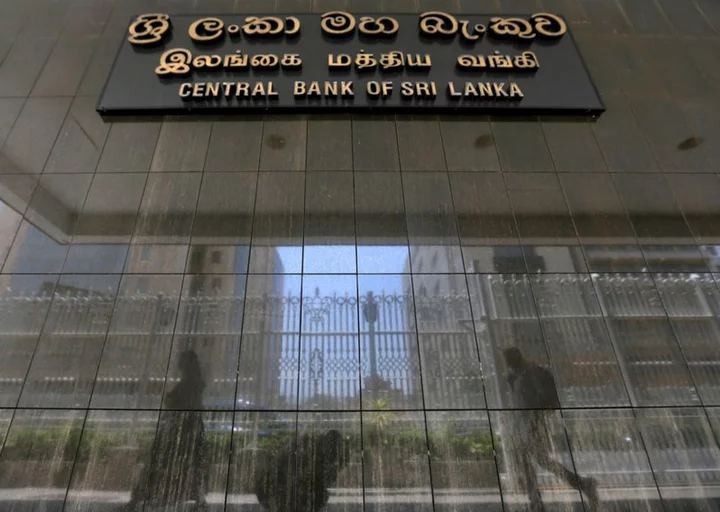By Pete Schroeder
WASHINGTON U.S. banking regulators will on Thursday unveil a sweeping proposal for stricter bank capital requirements known as the "Basel III endgame" aimed at ensuring the stability of big banks.
While the precise details aren't yet known, regulators have said the rules will apply to banks with $100 billion in assets or more. They are expected to overhaul the way the biggest banks manage their capital, with knock-on implications for their lending and trading activities.
Banks say additional capital is unnecessary and will hurt the economy.
Here are more details:
WHAT IS THE 'BASEL III' ENDGAME?
The Basel Committee on Banking Supervision is a panel convened by the Bank for International Settlements (BIS) in Basel, Switzerland, which aims to ensure regulators globally apply similar minimum capital standards so that banks can survive loan losses during tough times.
The committee's "Basel III" standard was agreed after the 2007-09 global financial crisis. It includes numerous capital, leverage and liquidity requirements. Regulators across the world have worked for years to implement many of those standards, and the so-called "endgame," agreed in 2017, is the final iteration.
The "endgame" proposal refines Basel's approach to setting capital based on the riskiness of banks' activities. The U.S. proposal will tackle several major components, including credit, market and operational risks.
CREDIT RISK
U.S. regulators are expected to end banks' ability to use their own internal risk models when determining how much capital should be held against lending activities, like mortgages or corporate loans.
Federal Reserve Vice Chair for Supervision Michael Barr said those internal models can often underestimate risk, as banks are incentivized to keep their capital costs low. Instead, regulators are expected to impose uniform modeling standards across large banks.
MARKET RISK
Similarly, the proposal is expected to establish new requirements for how banks gauge the risk posed by swings in the markets and potential losses from trading. Regulators say these trading risks are currently being understated.
When assessing these risks, banks will be permitted to continue using internal models approved by regulators, although Barr has said standardized models may be required for particularly complex risks. Banks will also have to model trading risks at the level of the individual trading desk, as opposed to at an aggregate level.
All told, the changes are expected to result in higher capital requirements for banks with large trading operations.
OPERATIONAL RISK
Gauging operational risk is a key new area of the Basel Endgame. This refers to the potential losses banks could face from unexpected sources, such as failed internal policies, management mistakes, litigation costs or external events.
Similar to credit risk, regulators are looking to replace existing internal models with a standardized approach, which would take into account a bank's various activities and historical operational losses when calculating capital levels.
Banks have warned this approach could lead to significantly higher costs for some banks that rely heavily on non-interest fee income, such as credit card and investment banking fees. Those fees are included in a formula used to help calculate operational risk, and banks warn it could lead to disproportionately higher capital requirements for some firms if not capped.
WHY ARE BANKS UPSET?
While the rules have been years in the making, banks had hoped U.S. regulators would offer capital relief elsewhere in their rule book. They argue banks are well-capitalized, having withstood the COVID-19 pandemic and regularly clearing the Fed's annual stress tests, and any capital hikes are unjustified.
Randal Quarles, the Fed's former top regulator, previously warned that full implementation of the Basel accord could lead to capital hikes of up to 20% for some large banks. Barr said this month that most banks already have enough capital to meet the requirements, and those that need to raise funds could do so by retaining earnings for less than two years while still paying dividends.
But current regulators, all Democrats chosen by President Joe Biden, have shown little appetite to go easy on Wall Street. They have pointed to the failure of three lenders earlier this year as evidence they need to be as vigilant as ever.
(Reporting by Pete Schroeder; Editing by Michelle Price and David Holmes)









